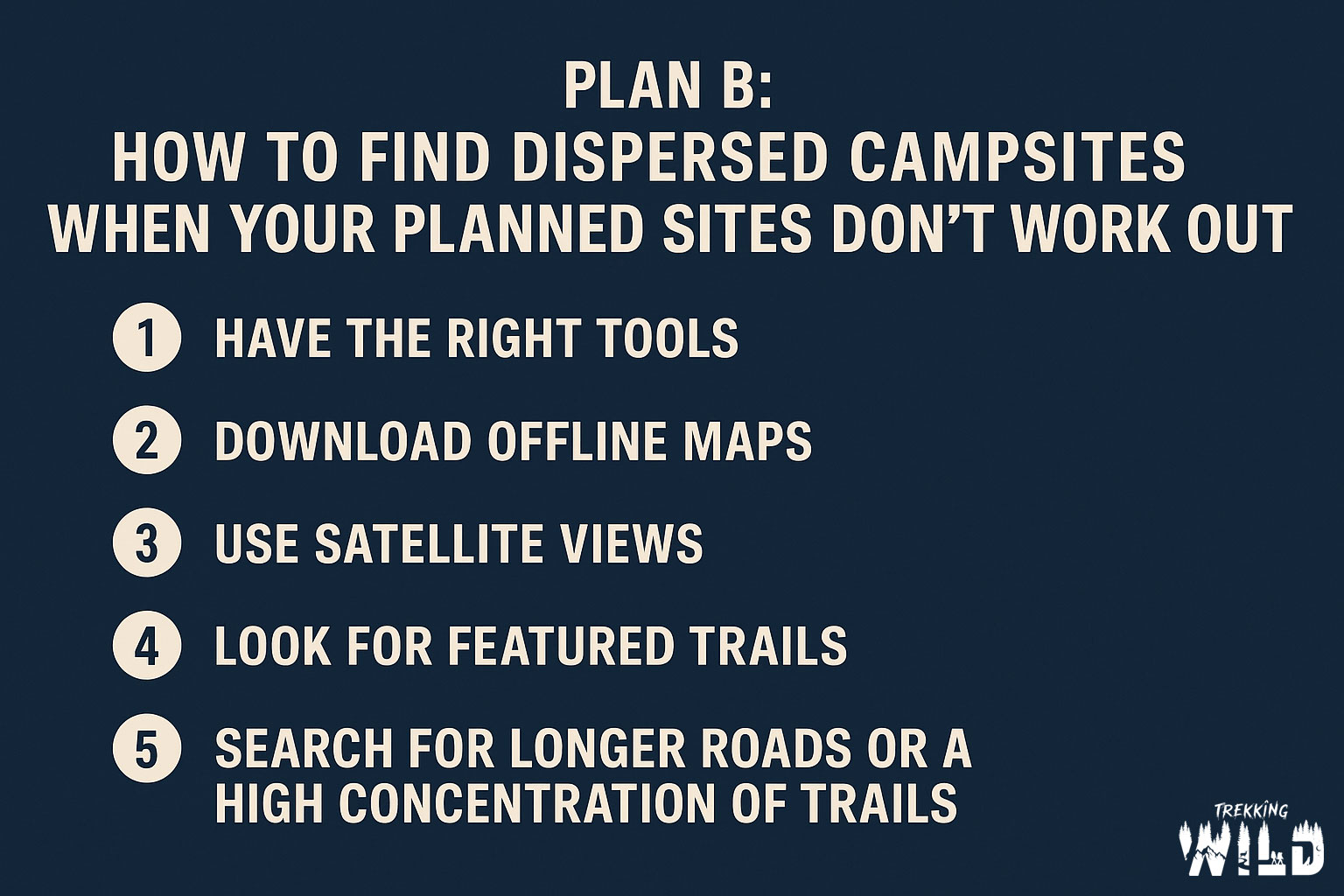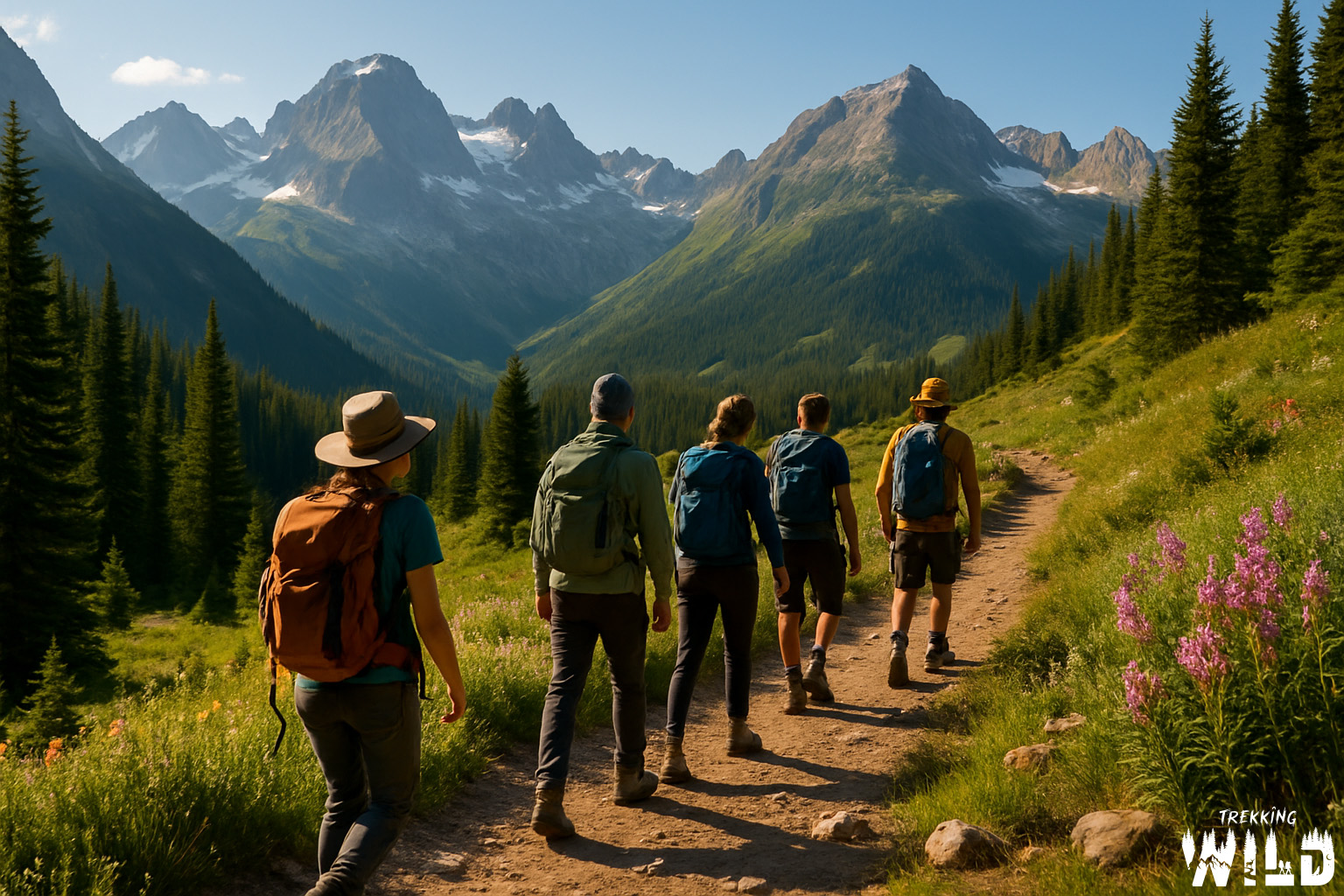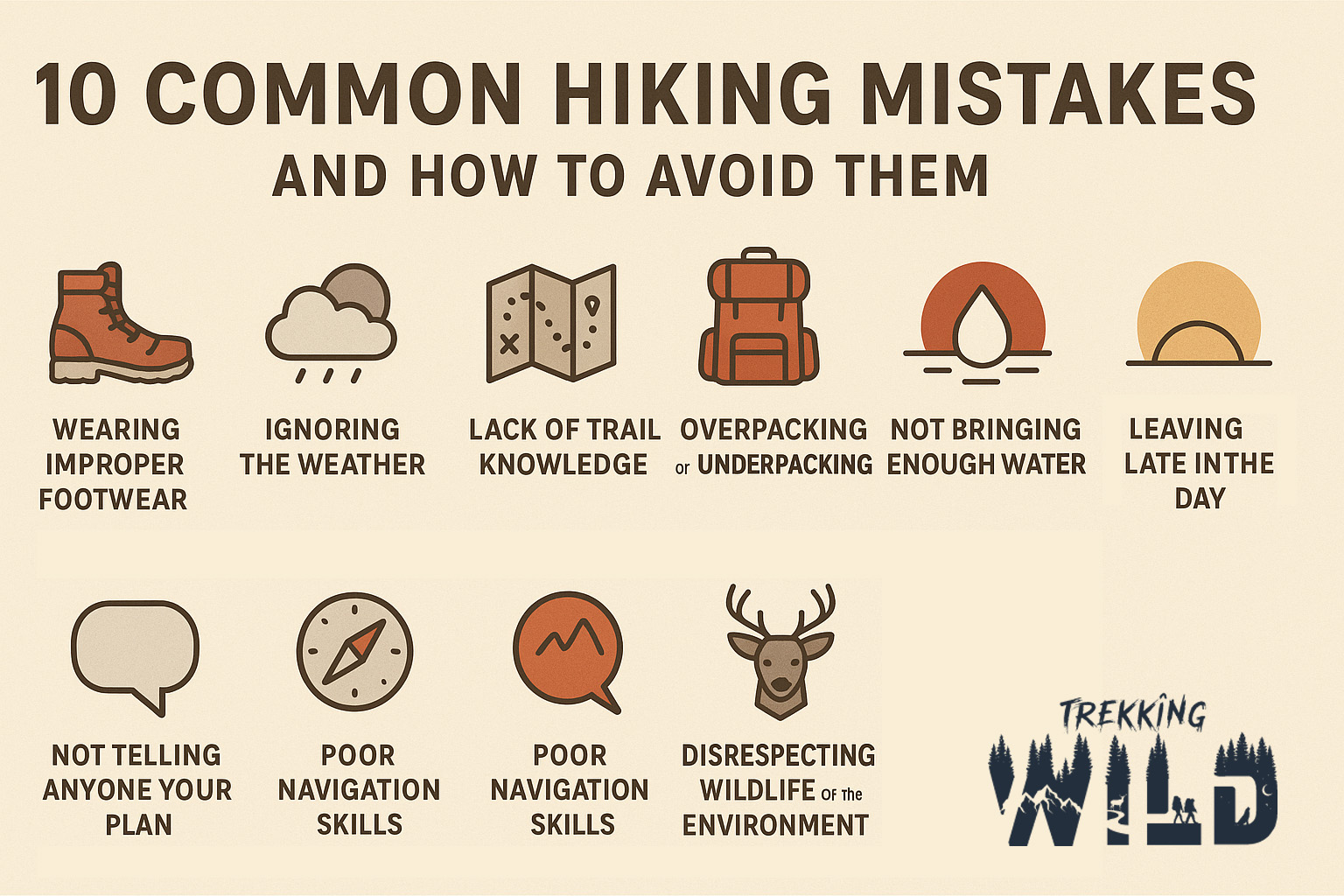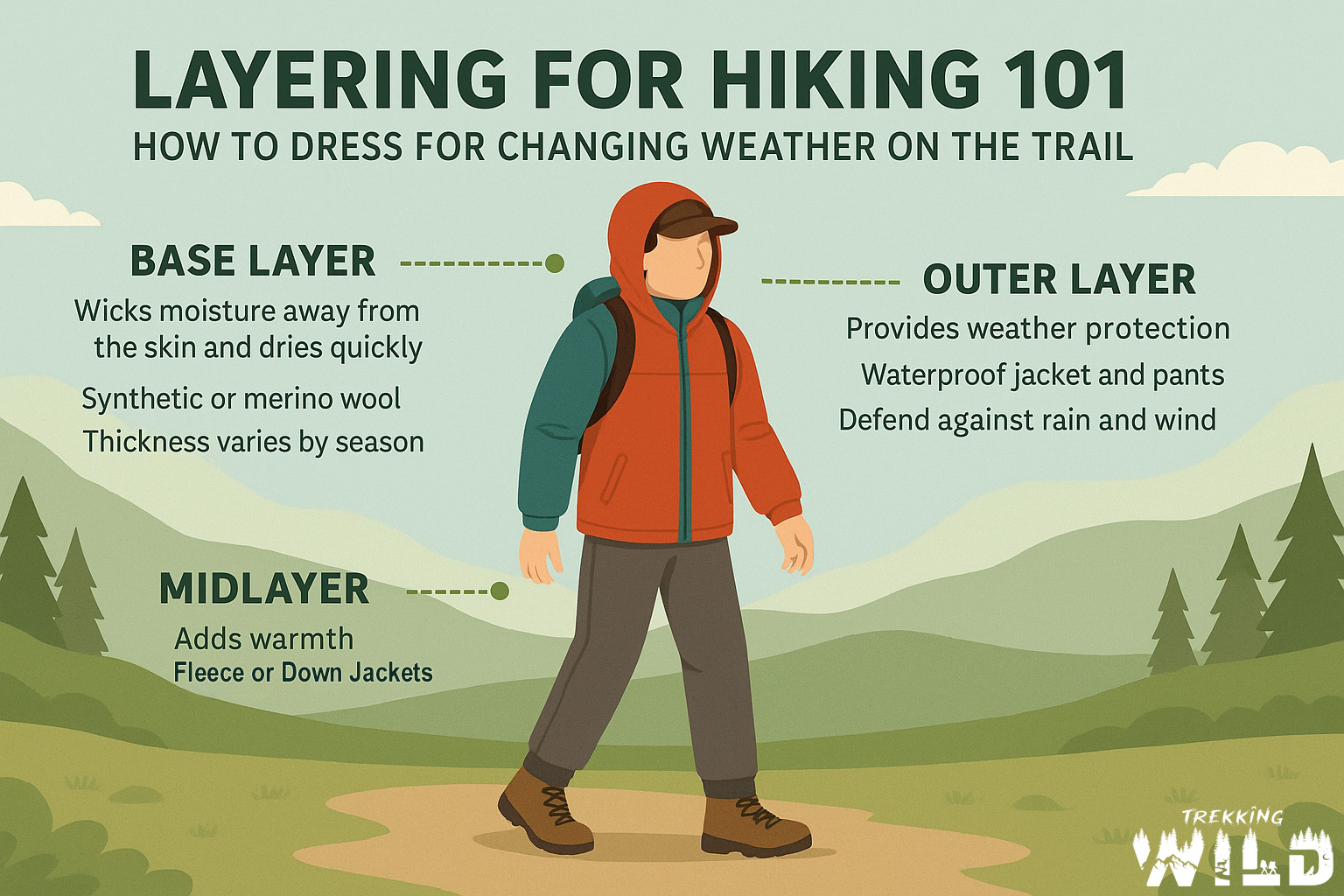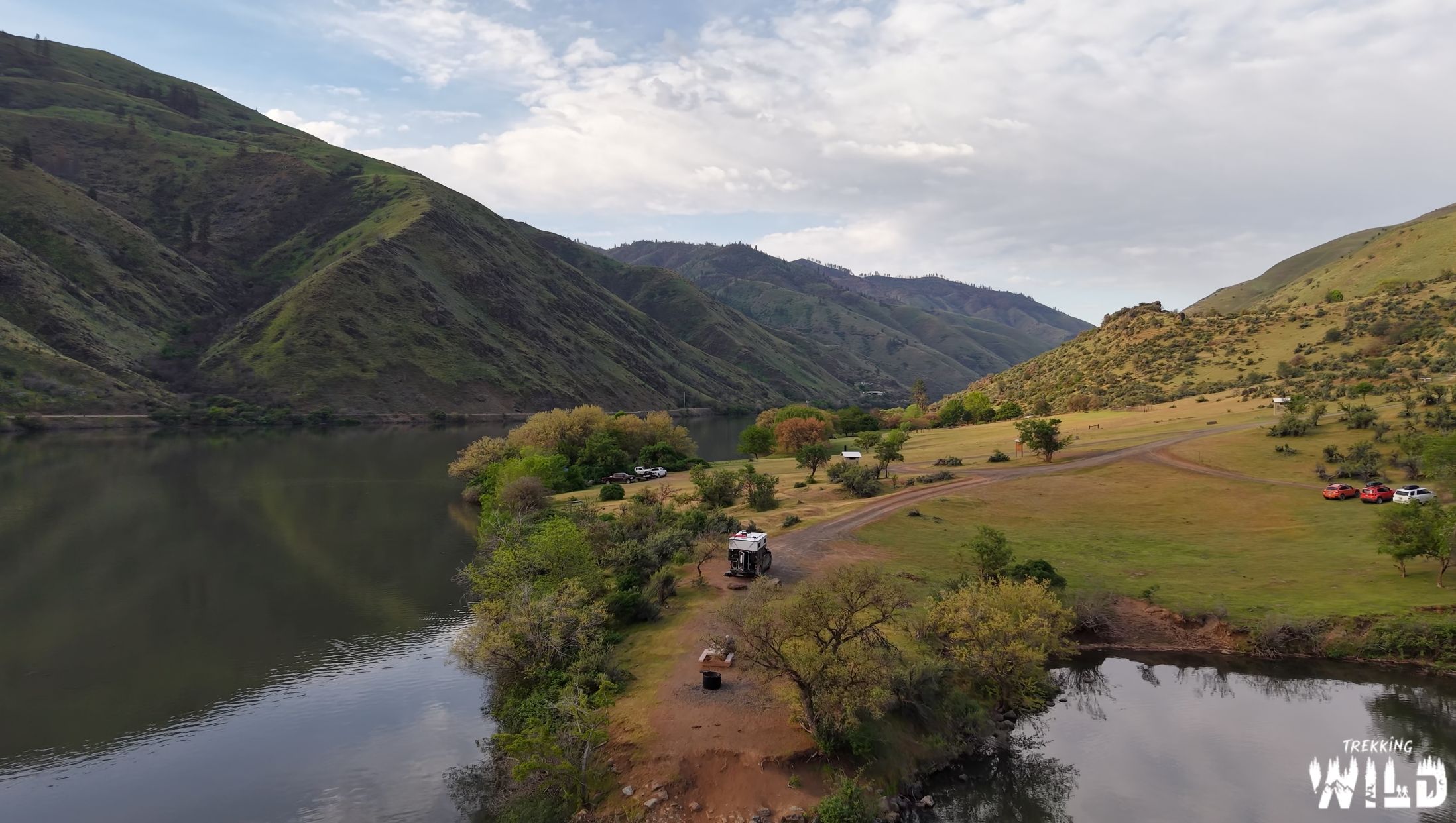
When to Call It: Knowing When to Turn Around on Overlanding Trails
One of the most important skills in overlanding and backcountry travel isn’t how to get yourself through every obstacle—it’s knowing when not to. On a recent trip to Idaho, we were reminded just how critical it is to read the trail, trust your gut, and know when to call it and turn around.
A Trail That Looked Promising—At First
We were exploring Hells Canyon, an area full of rugged beauty and dramatic terrain. Our plan was to take a lesser-traveled trail from the canyon floor up to the rim. The trail started off rough—rocky, rutted, and narrow in places—but nothing our truck and slide-in camper hadn’t handled before. We took it slow, checked the lines, and kept moving forward.
But then the trail changed.
The Climb Begins
The grade increased sharply, and what had been a challenging but manageable trail quickly became something else entirely. The combination of steep inclines, loose rock, and tight switchbacks made every move feel riskier than the last. Our truck was capable, but we were also carrying a heavy slide-in camper. Every bump and tilt reminded us that our center of gravity was higher, our margin for error smaller.
That’s when the discussion started: Do we keep pushing forward, or is it time to turn around?
The Decision: Where We Drew the Line
Turning around on a trail like this isn’t easy—physically or mentally. You feel invested. You’ve come this far. You want to see what’s up top. But we’ve learned the hard way in the past that pride doesn’t belong behind the wheel. Here’s how we made our decision:
- Evaluate the Rig: Our setup is great for most trails, but it’s not a rock crawler. The weight and height of the camper changed what the truck could safely handle.
- Assess the Risk: One wrong line on that incline could have resulted in tipping, breaking a component, or getting stuck in a spot with no easy recovery options.
- Read the Terrain: With no signs of the trail easing up, and no room to turn around easily farther up, the risks just kept stacking up.
- Trust Experience: We’ve been in tough spots before, and those moments teach you to respect your limits. Adventure is only fun if it’s not reckless.
No Regrets
We backed down the trail and found another route to explore. Sure, we didn’t make it to the rim on that trail, but we didn’t break gear, endanger ourselves, or ruin the rest of the trip. That’s a win in our book. To our surprise, we ended up stumbling onto one of the best campsites of the entire trip. It was an unexpected reward that made turning back feel like the right call. You never know when a small defeat can turn into a big triumph.
Overlanding is about more than just getting to the destination—it’s about making good decisions along the way. Knowing when to turn around isn’t failure. It’s wisdom. It’s experience. And it’s what allows you to keep getting out there, trip after trip.
Matt Vittal
Matt is a software engineer living in Northwest Montana. He is an avid outdoorsman who spends his free time hiking, backpacking, camping, hunting, and fishing.
